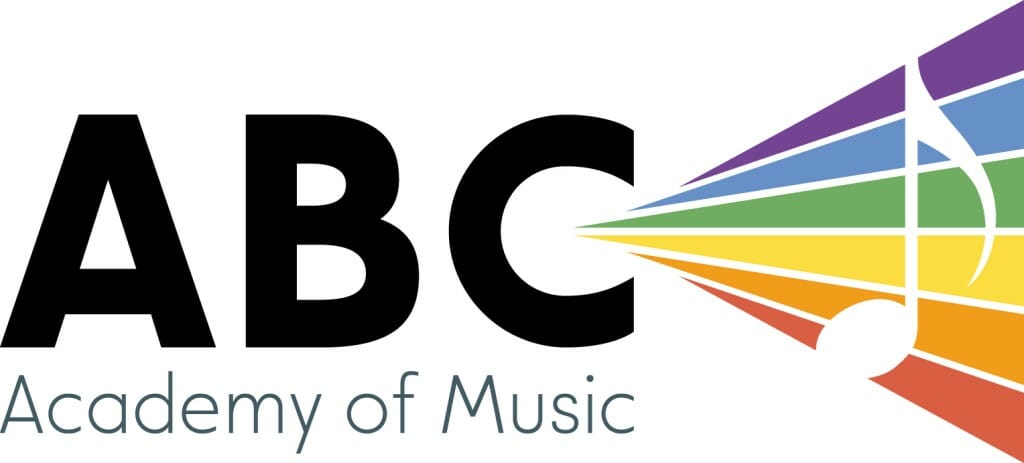Abi:
It’s been fun working through that package of music with you. Good job with those today!
Try to continue to incorporate slurring, and articulation exercises into your daily practice, as well as a couple major scales. Doing those daily will keep the horn feeling friendly.
I know that sight reading music can involve juggling a lot of different things at once, but always remember to be playing with a good sound. Taking big breaths and engaging your core will help with that. Having that good sound will make everything more efficient, so you’ll play with more ease for longer.
Turkey in the Straw & Hall of the Mountain King were nice. Take your time with these when reading through them to make sure you’re getting all the rhythms and articulation right. When you start to incorporate dynamics (and accel) feel free to make them as extreme as possible. Most of the time what the audience perceives as loud/ quiet is much less extreme than the person playing.
Matt:
My apologies for the abrupt end to the lesson today. My internet cut out right when I was explaining the tail end of the homework. My bad!
Both Etudes are sounding so much better, thank you for taking the time to work through those. Continue to pay close attention to the small details. Dynamics & articulation can always be improved upon, especially with pieces like this that are so specifically notated. One thing that will make a huge difference for both of these is to use a lot of breath support. That will improve your sound as well as make them feel more fluid when you perform. Remember the tongue never stops the air stream, it just temporarily gets in the way.
Some time this week, try to check out that B minor scale we worked on today. A nice way to think about it is a D major scale starting on a B (which is the sixth note). the notes would be B C# D E F# G A B.
Thanks!
